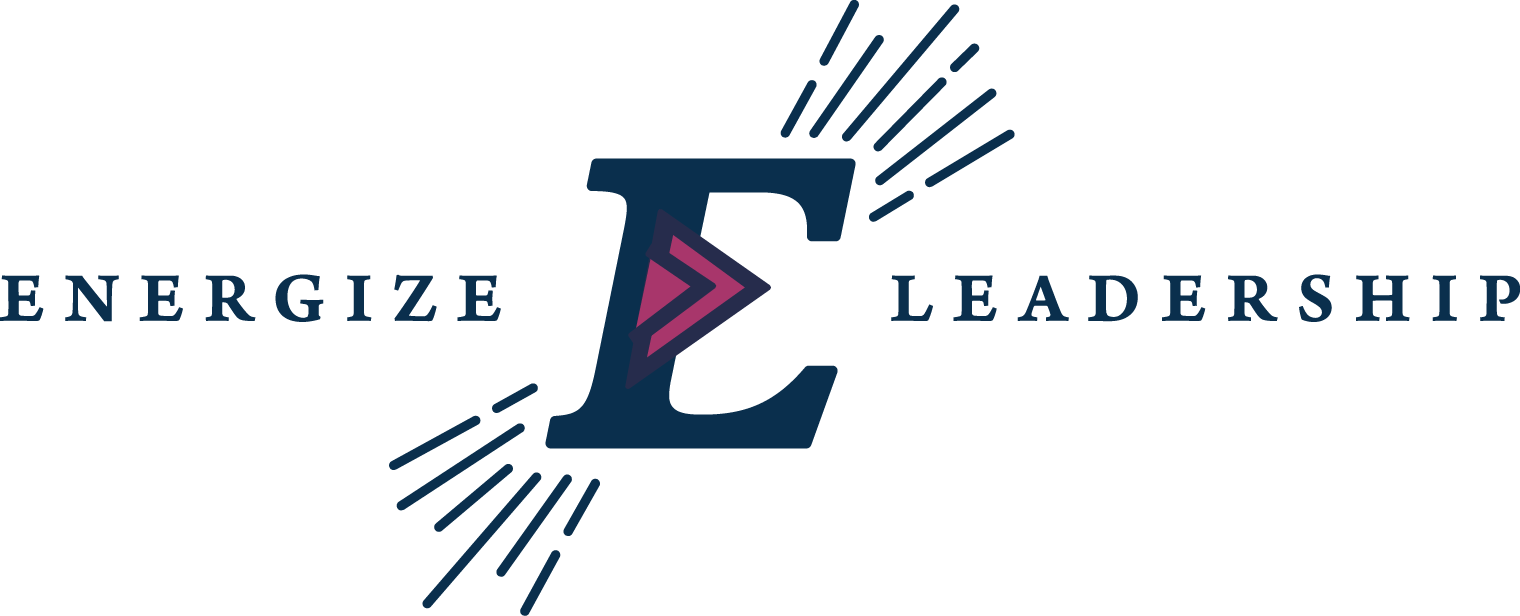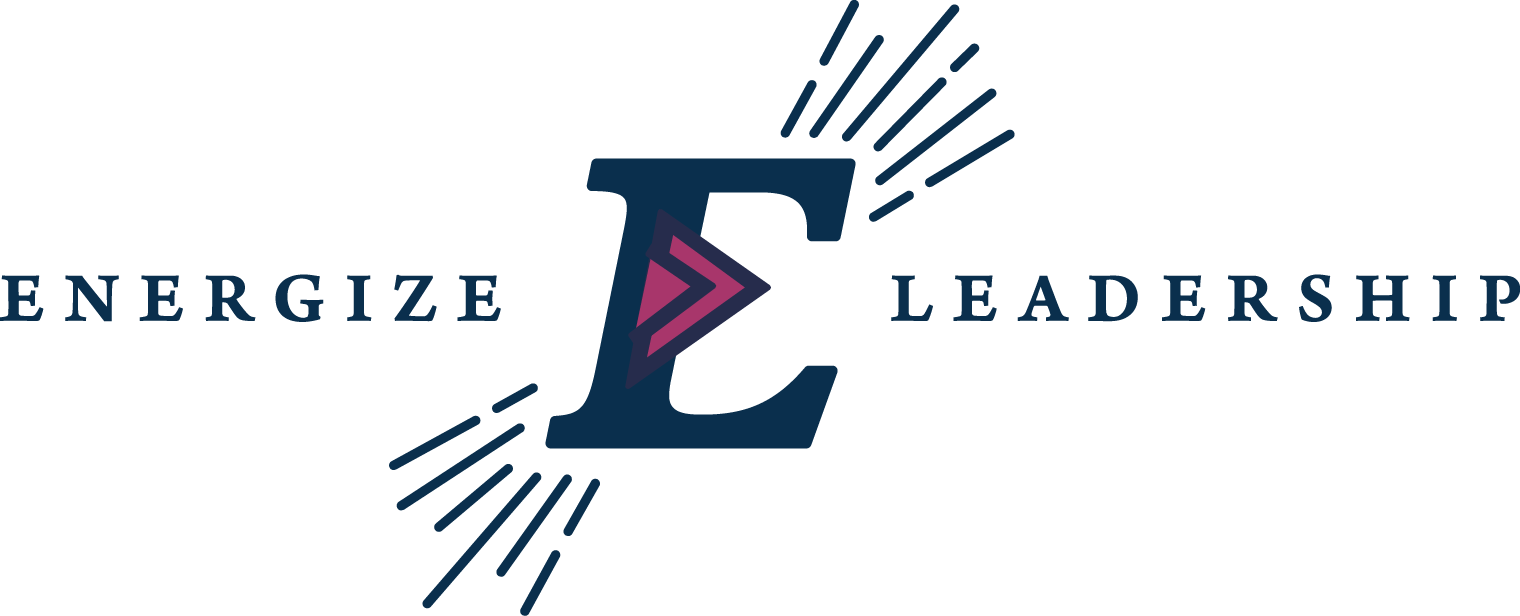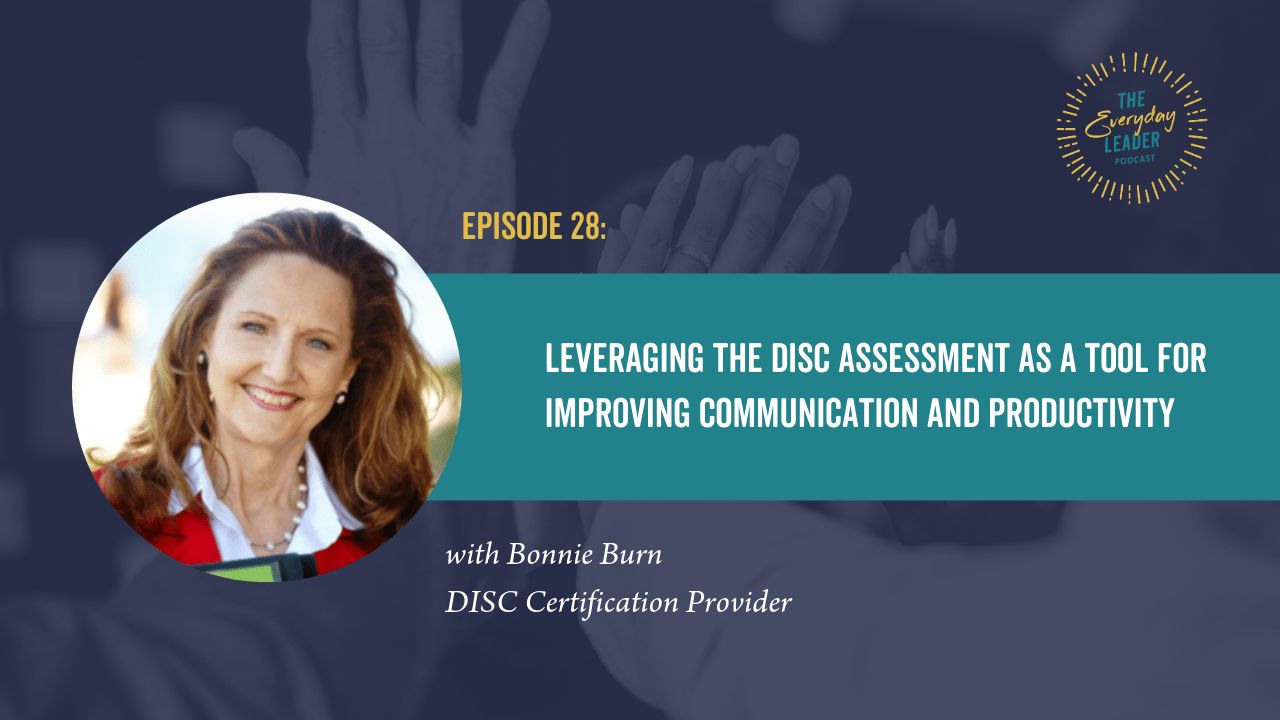When Communication is a Struggle: Start Here.
How many times have you heard the complaint that communication is the problem? Things are miscommunicated, not communicated, communicated just. plain. wrong. It’s a challenge but the reason is actually quite simple. We. Are. All. Different. Yep. I know, it’s a total shocker. While you get over the shock and awe I’ll ‘splain. See, we all speak a different language – even when it seems we have “English” as a common tongue. Each of us have different strengths, different motivators, different fears, different needs! So when we are communicating words (or not!), we often miss the mark because we aren’t doing what the other person (the receiver) is needs in order to hear what we are intending them to hear.
Communication is named as the number one challenge in nearly every organization and team we work with. Honestly, I can only name one where communication was not an issue – and that was a startup company! While there are a lot of things we do to improve in the communication arena, one of the best things to do is to start by giving everyone a common language. For that, we turn to the DISC.
The DISC Assessment gives us valuable information on how we prefer to communicate and interact with others. It’s a simple, practical and highly accurate tool that helps us to explore behavior styles and appreciate the differences between each other. By learning how to read other people’s styles you can modify the way you interact and as a result, enhance the effectiveness of your interactions, relationships, communication, and productivity.
We reached out to our favorite trusted provider of the DISC – Bonnie Burn to dig in and provide a little more insight. She’s been using the DISC for over 30 years and has designed programs and trained over 420,000 people representing all work sectors. She is internationally known as the authorized master DISC Certification Trainer for her company DISCcert, which just turned 25 years old this year (Woot woot! Congratulations Bonnie!!)!
Tune in to hear what Bonnie has to share from her treasure trove of wisdom on the DISC!
In the meantime, here are a few things we learned from Bonnie:
#1 Shift the Culture
Culture change happens when people get a hold of a new way of thinking that can help them personally and then they start to see the results. It’s important to find a way to be playful about our personal tendencies and how we can each make adjustments to better meet the needs of the others. The more people continue to see results, the more entrenched the “new” culture will become.
Keep it going
Just cuz you learn something new doesn’t mean it will take hold and gain traction. You have to proactively take action and apply things continuously. Find time to build it the DISC into the ongoing conversation. When debriefing a challenge, discuss how individual styles played a role, or how you could leverage each other’s styles in the future to overcome hurdles.
#2 Keep it simple
It’s easy to keep taking on the latest and greatest new tools but gaining traction is hard work. Pick one thing. Then stick with it and go deep. Make sure you’re finding ways to incorporate the tool into meetings, projects, problem solving sessions, mechanisms for communication and informal communication. You’ll gain traction when everyone knows there is a commitment to using the tool that’s been selected!
#3 Look for patterns
People play out their DISC style all day long, you just have to look for the clues. What are some things that you notice with frequency about yourself or others? Do they ask questions? Do they collect information and get organized with it before sharing? Are they the first to jump up with all kids of ideas and connections? Do they value consistency in their schedule? Are they driving to achieve goal after goal? When we key into the things we notice about others, we magically have some insight into how they operate and if we can lean in to “their way” we can make a bridge that helps us move forward together.
#4 Don’t get locked up
Assessments like the DISC are meant to provide insight and awareness but are not an excuse to become rigid or reticent in your ways. It can tell you a lot about who you are and how you operate in your comfort zone. What’s most important is to learn how to be flexible and connect to others in a way that is effective for each individual.
#5 Take Initiative
Determine how you can make contributions in the way that works best for you. You can do research before a meeting to make sure you are prepared to contribute in the meeting if your preference is not to be pressed on the spot – it’s better than not contributing at all. You can determine who you’re going to be interacting with and learn more about their style before meeting with them – if your new boss likes to get highlights rather than details you’ll build a better foundation by starting off on the right foot!
—
What’s your experience? Have you taken the DISC or a similar tool? Have you been able to improve communication…and maybe even a relationship or two…by bridging the gap between your preferences and theirs?
Our Leadership Roadmap to Success program is the perfect way to learn more about yourself through several self-assessments (including the DISC!!) and build a plan for your own growth and development with a supportive coach to get you going. Be sure to check it out!





